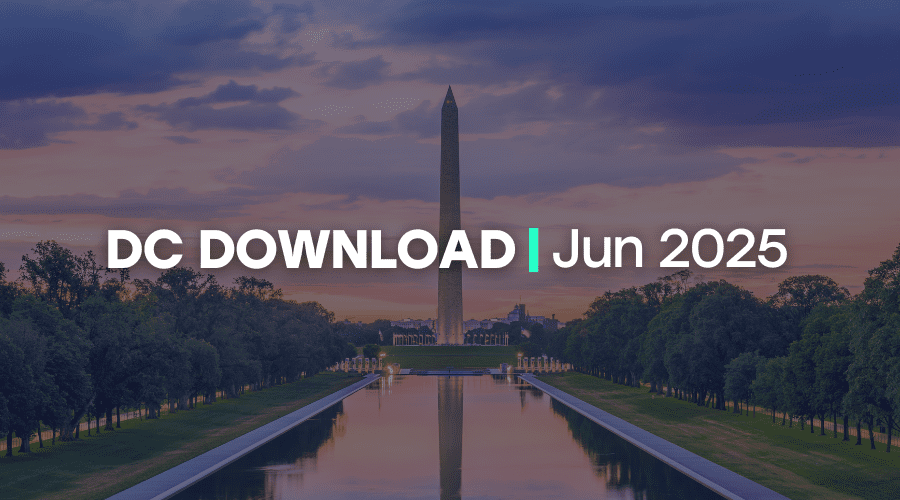The world is at crossroads at the moment. Conversations about “opening the economy” and “going back to normal” are mixed with pleas from the scientific and medical community and the majority of people in the U.S. to remain at home as we have not yet hit the peak of infections.
So far, nearly 70,000 people have died of COVID-19 and while the numbers continue to climb, there is a sense that people are fatigued by the crisis, and the overall anxiety of this time we are living in is taking its toll on our mental health.
According to a recent Kaiser Family Foundation poll, as reported in The Washington Post, 45% of adults in the U.S. say the pandemic has affected their mental health, and 19% say it has had a “major impact.” The rates are higher among women, Hispanic adults, and Black adults.
It creates quite a leadership challenge as we wonder how to encourage people to stay connected to their sense of purpose in their work and hold on to their values for strength and guidance, while also rethinking the pace of how much we can accomplish right now. If there were ever a time to take up some sort of reflective practice or mindfulness routine, this is it. I urge sector leaders to do this not just for themselves, but to set an example for their staff and volunteers that they must take care of themselves so they can take care of others. It is the only way to avoid getting lost in the woods of this crisis.
On this GivingTuesdayNow, giving your community the gift of mindfulness might be exactly the right thing to do. Watch our recent webinar where an expert provides tools to help you how to respond to the trauma and grief you, your loved ones, as well as your staff, volunteers, and your communities may feel.
As is always the case, we will also bring you the latest on our advocacy efforts on Thursday with This Week in Washington. This week’s guest is Catherine Beane, vice president of public policy and advocacy for the YWCA, who will share how the organization is keeping the elections front and center in their advocacy efforts for the communities they serve.
And in case you missed it, we did send our latest requests for the next relief bill to Capitol Hill last week. Over the past few weeks, IS staff has reached out to a wide range of nonprofits, many of which represent communities of color and other marginalized communities more acutely impacted by the effects of coronavirus. Ensuring organizations are financially stable to serve people in this time of crisis still rings just as true now as in the early days of this pandemic, so many of the requested provisions aim to preserve existing revenue or increase funding flowing into nonprofits. Please continue to visit our Cares Act resource page to apply for assistance, and our blog and Twitter feed for additional updates from Capitol Hill.
Finally, please remember to “drink while you pour.” If we burn out or lose hope, we don’t serve ourselves, our communities, and the millions of people who rely on us to see a brighter future. If there is a way IS can help you with this or other elements of our collective recovery, please don’t hesitate to reach out



